Paul Biya at 93 still in the command and control narrative.
By Colbert Gwain | The Muteff Factor (formerly The Colbert Factor)
In the heart of Muteff village, nestled in the Fundong Subdivision of Boyo Division in Cameroon’s North West Region, lived a complex and fascinating uncle of mine named Bobe Ngong “Yelima”—the villagers’ interpretation of the biblical name Jeremiah. He was a man who insisted on doing things his own way, often twisting tradition to suit his whims. During major family events that required collective contributions, Bobe Yelima was always physically present—yet masterfully absent in responsibility.
While others engaged in meaningful work, he would sideline himself into abstract conversations, subtly evading any direct commitment. His peculiar behavior—simultaneously omnipresent and elusive—provoked both admiration and frustration in equal measure.
In many ways, Bobe Yelima was a microcosm of a much larger reality: the ruling Cameroon People’s Democratic Movement (CPDM), under the stewardship of President Paul Biya. Like Yelima, the CPDM frequently reshapes meaning to suit its narrative, policies, and politics.
This Dictionary of New Deal Terms is designed as a satirical but incisive guide to deciphering the language of governance under President Biya’s regime—especially as we approach the 2025 presidential elections, where many of these terms will undoubtedly resurface in speeches and policy statements.
- Dialogue
Conventional meaning: A mutual exchange of ideas aimed at resolving conflict.
New Deal usage: A stage-managed performance in which government officials listen passively, nod politely, then continue with business as usual.
As the late journalist Peterkins Manyong once noted, the government’s idea of dialogue is typified by officials traveling from Yaoundé to Bamenda, announcing they’ve brought “fraternal greetings” from the Head of State, delivering long lectures on peace, distributing transport allowances, and then—only as an afterthought—asking if anyone has something to say.
- Major National Dialogue
A grand theatrical event organized to create the illusion of inclusivity and reform, often producing lofty communiqués but negligible change.
Manyong compared it to Jesus Christ appearing only to his followers after resurrection—an event expected to impress only those already converted. Like that, the 2019 dialogue excluded critical voices and served only to affirm the government’s position.
- Decentralization
The official transfer of responsibility to local entities, without the corresponding power or resources to act—thus preserving centralized control while shifting blame. - Transparency
The strategic release of limited information to placate international observers, while obscuring substantive truths. - Accountability
A selective concept targeting critics and out-of-favour elites, while shielding powerful insiders. Current attacks on figures like Issa Tchiroma Bakary and Bello Bouba Maigari underscore this double standard. - Development
A euphemism for headline-grabbing mega-projects that enrich the few and bypass the everyday needs of the many. - Participatory Democracy
A tightly scripted performance in which citizens are “consulted” in orchestrated forums, but real decisions remain the purview of the ruling elite. - Youth Empowerment
A series of well-packaged but underdelivered initiatives offering photo-ops and platitudes, not lasting opportunities. - Economic Growth
A statistical abstraction used to disguise deepening poverty and widening inequality. - National Unity
A slogan invoked to silence dissent and flatten cultural diversity under a uniform, state-approved identity. - Peacebuilding
The maintenance of a brittle peace through coercion, manipulation, and symbolic gestures rather than genuine reconciliation. - Reforms
Changes announced with fanfare but rarely implemented with sincerity. One clear example is the 2019 Decentralization Law, which legally places the Regional Council President as the region’s chief executive. Yet in practice, the appointed Governor remains in charge, and the elected Council President is relegated to a ceremonial role. - Cameroon is Cameroon
A fatalistic mantra used to excuse dysfunction and deflect comparison with better-governed countries. - Cameroon is One and Indivisible
A rhetorical weapon deployed to suppress calls for regional autonomy, cultural recognition, or self-determination. The phrase assumes that unity is immutable—even though history shows that many once-unified countries have peacefully separated. - Cameroon is a State of Law
A declaration contradicted by recurring human rights violations and systemic judicial abuse. - Things Are Under Control
An all-purpose statement used to minimize crises, discourage scrutiny, or justify repressive measures. - Construction Works Will Begin Very Soon
A ritual promise issued frequently, fulfilled rarely. - On the High Instructions of the Head of State
A phrase used to assert authority, shut down dissent, or give otherwise questionable actions a veneer of legitimacy. - Advanced Democracy
Cameroon’s euphemism for a system where elections are held regularly, results are preordained, and dissent is managed, not tolerated. - Consultation Talks
A symbolic ritual in which public input is solicited, then ignored—or selectively used to rubber-stamp pre-existing decisions. - Large & Grand Debate
A choreographed spectacle designed to present government conclusions as the product of public consensus. - Special Status
An alleged solution for Anglophone grievances, whose slow and incomplete implementation reflects the government’s unwillingness to address root causes of discontent.
These terms illustrate how political language in Cameroon is weaponized to distort meaning, deflect accountability, and preserve the status quo. Understanding this lexicon is essential for navigating the murky waters of Cameroonian governance today.
A Note from The Muteff Factor
In times like these, people need media that reflect their realities, respect their agency, and respond to their needs. At The Muteff Factor—formerly The Colbert Factor—we stand committed to producing journalism that comforts the afflicted and afflicts the comfortable.
We are an independent, solution-focused nonprofit newsroom. Our work—trusted by newspapers, radio stations, TV outlets, online platforms, and blogs—is free from ads and free from government or corporate influence. But this work is neither easy nor cheap.
Support us today:
MTN Mobile Money: 677 852 476
Orange Money: 687 338 370
Your donation helps keep the truth alive and sustains a free and independent press in Cameroon.













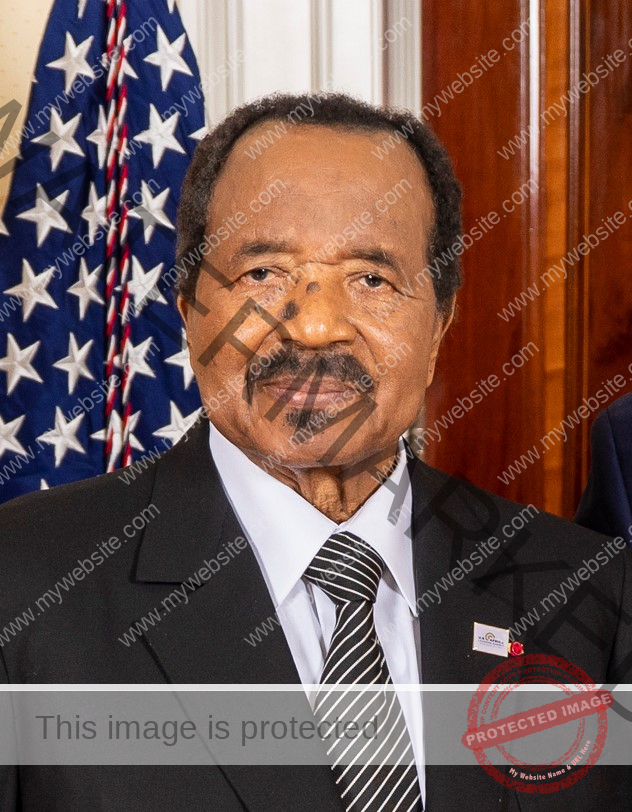
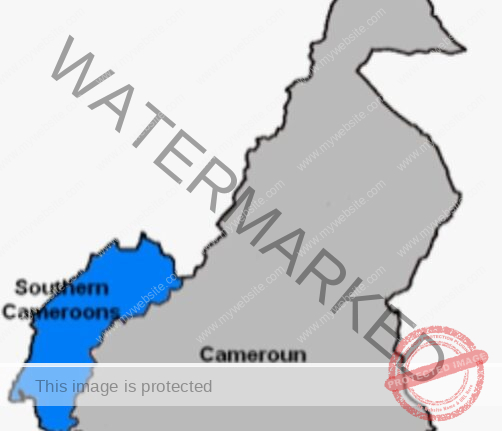


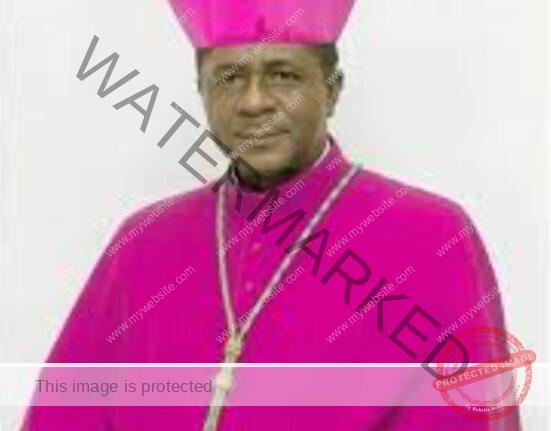
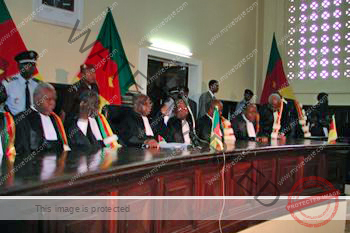
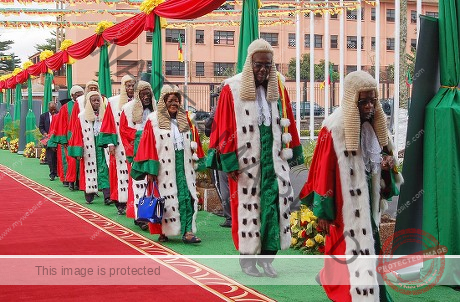

Leave feedback about this